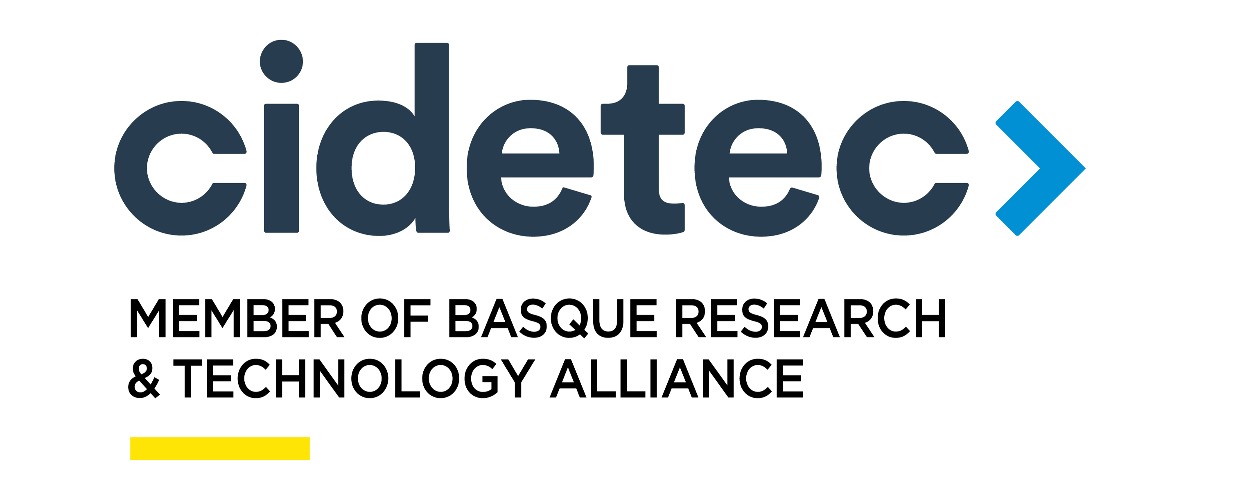


 Job: PhD Student
Job: PhD Student Department: Storage Systems
Department: Storage Systems Location: Donostia (Spain)
Location: Donostia (Spain) Vacancies: 1
Vacancies: 1 Work modality: On site
Work modality: On siteWould you like to build the future? Join CIDETEC! CIDETEC is a technology centre that brings together three leading international centres in the fields of Energy Storage, Surface Engineering and Nanomedicine. For more than 25 years, we have been working with leading companies to develop technology that makes the world a better place.
A cutting-edge, diverse and international centre awaits you!
CIDETEC Energy Storage will select a candidate to join its Energy Storage Systems unit to pursue a doctoral thesis focused on the development of advanced algorithms for diagnostic and prognosis applications.
If you want to be part of this revolution, we are waiting for you!
Our work covers the entire value chain, from battery chemistry to the final application. We design and develop cells, modules and battery packs tailored to our customers’ needs, with a clear focus on technology transfer to industry. The researcher will carry out their doctoral thesis as part of a multi-disciplinary team covering the entire battery value chain.
Your contribution
You will form part of a state-of-the-art research centre geared to sustainability and the circular economy, which has helped electrify Spain’s roads and is now working towards 100% future sustainability.
You will be conducting your thesis in a cutting-edge field focused on anomaly diagnosis algorithms and failure prediction within a digital twin execution environment.
Your work will be focused on:
What we offer you
Education:
Engineering/Physics/Mathematics/Artificial Intelligence.
Languages:
Fluent in spoken and written English.
Knowledge:
The successful candidate will demonstrate a sound knowledge in:
Additionally, knowledge in the following areas will be an advantage:
Observations:
A highly motivated individual with an interest in research and innovation, will become part of a multidisciplinary team. They will be capable of organising their work while meeting the established deadlines and objectives.
*We positively value applications from people with a disability equal to or greater than 33%, in compliance with current legislation, the General Law on the Rights of Persons with Disabilities and their social inclusion (LGD).